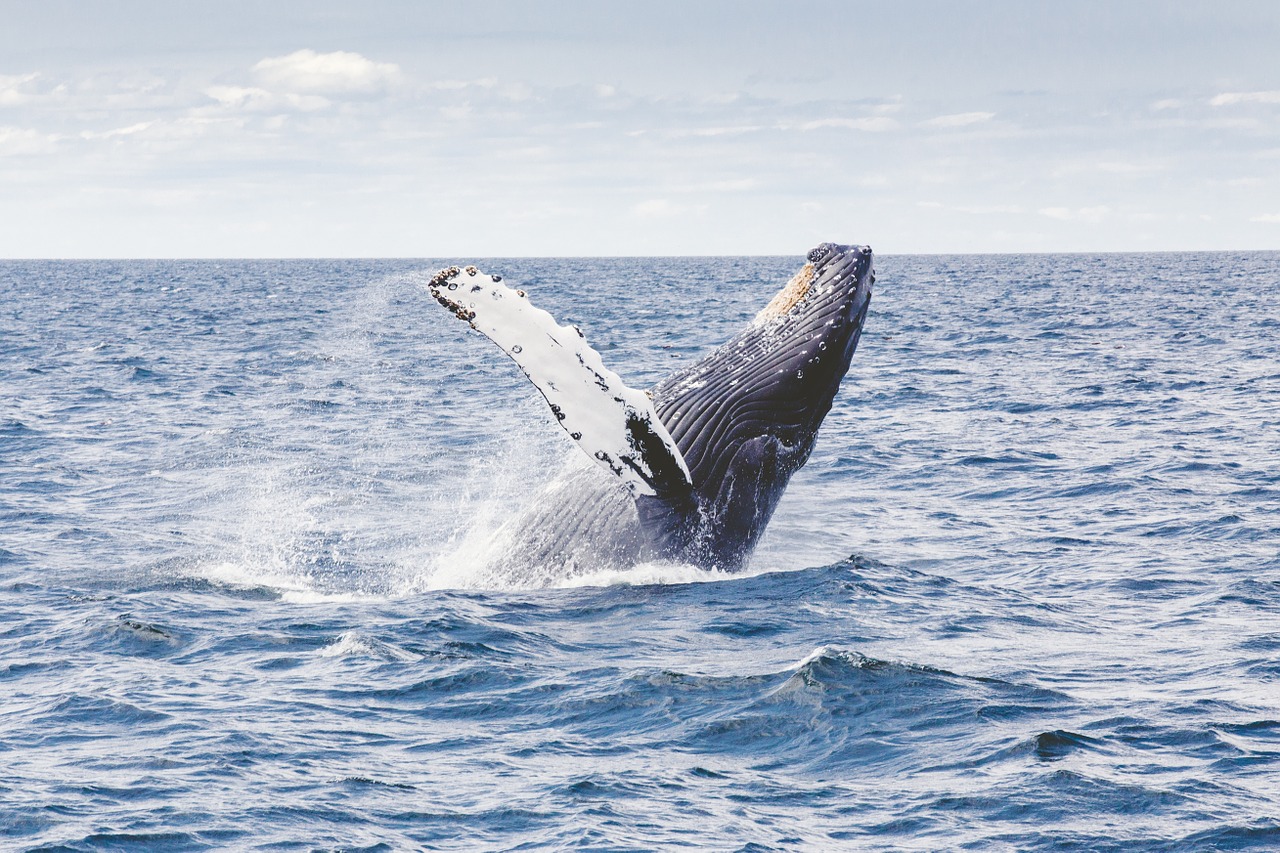Japan, notoriously known for their big-scale catches of whales and fish, is stepping away from the International Whaling Commission (IWC).
The reason is that they don’t agree with the IWC’s rules and wanted to resume unrestrictive whaling within their coastal waters.
The IWC is made up of 89-member governments and was first established in 1946. The purpose of this commission was to conserve whales and help manage the problem of endangered species of whales around the world. Since Japan is known as the primary market of whale meat and its production of by-products in the world, its departure from the commission didn’t come as a shock, whatsoever.
Even though they were allowed to hunt whales, whaling was limited to around 4,000 to 5,000 tons a year. With their departure from the commission, however, they are now able to hunt as they please.
The decision to leave the commission could have grave effects on endangered species.
Surrounding Asian countries, such as South Korea, China and even Russia, might follow their idea. Since whaling brings in a lot of money for a country; there is no reason as to why they won’t follow, which places stress on the IWC’s initiative to conserve and protect whale species.
About the IWC whaling ban
Apart from placing a ban on the hunting of whales as many more countries used to, whaling for scientific reasons has also been banned. It includes the study of biology on whales, their reproduction, the studying of the content in their stomach, as well as how the environment affects them.
With Japan continuing whaling when it was under the ban, they often used the excuse of whaling for scientific purposes, which is the reason why it was banned. It furthermore provoked the country to leave the commission.
Get bottled water dispenser and plumbed water dispenser from Living-Water in London.






